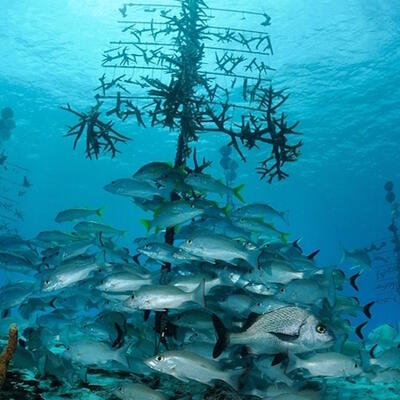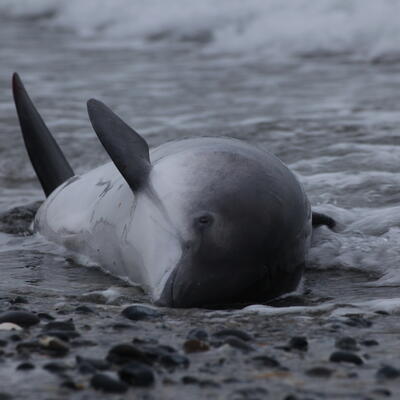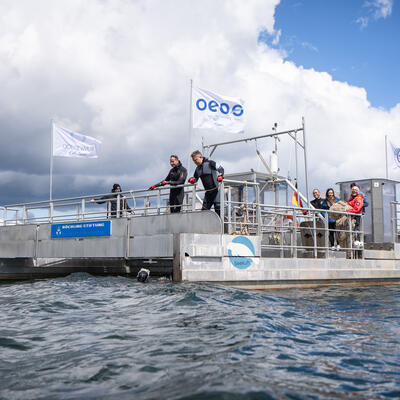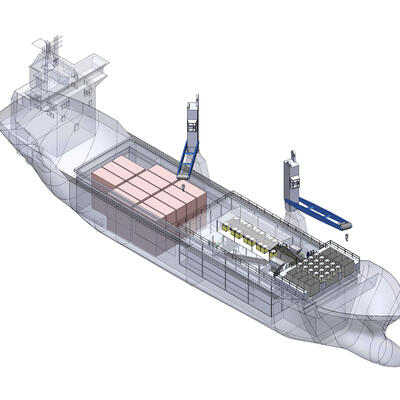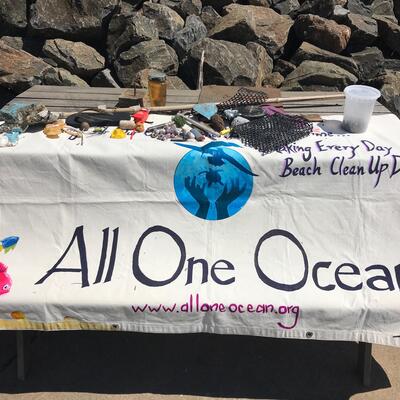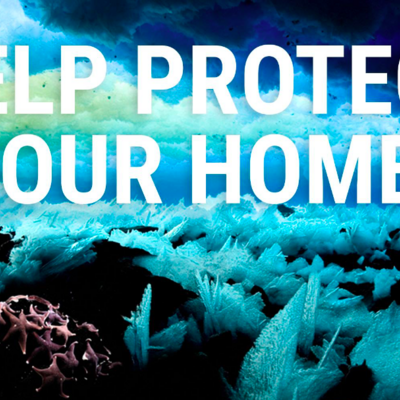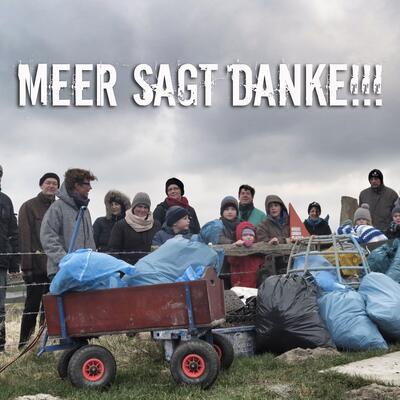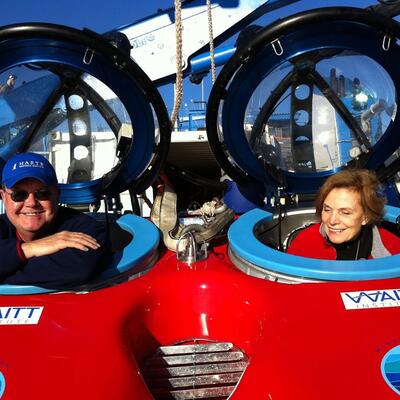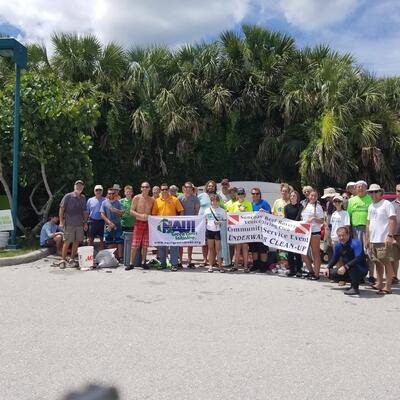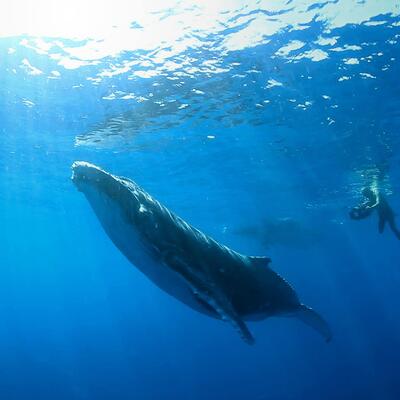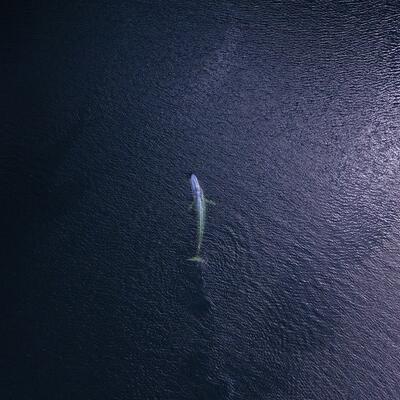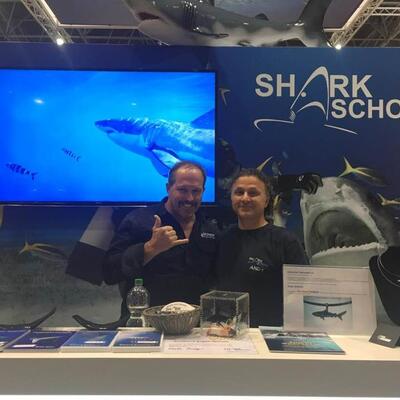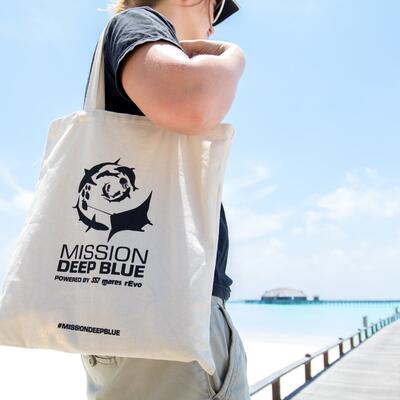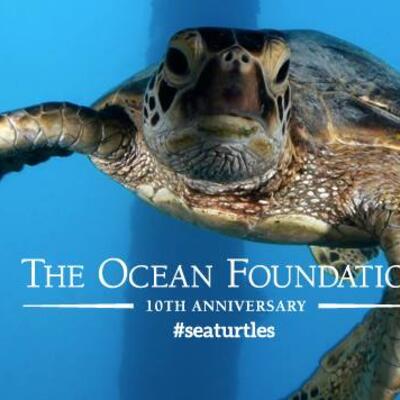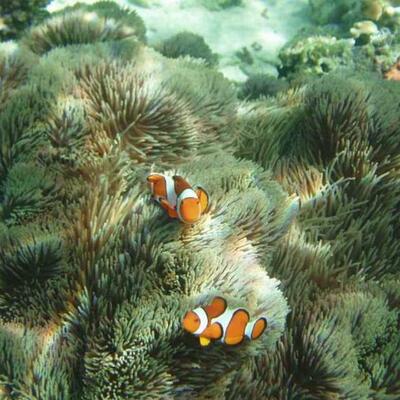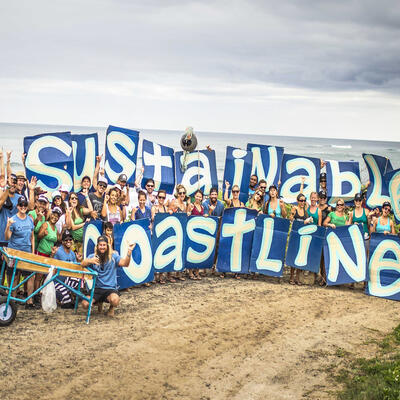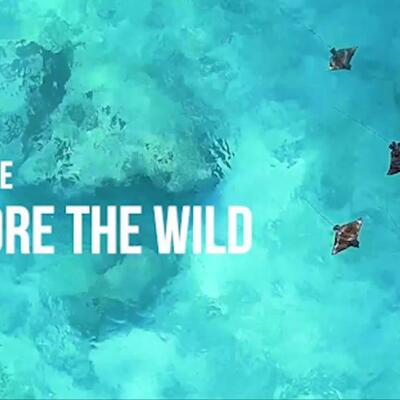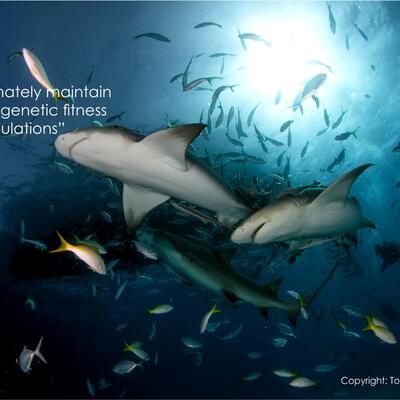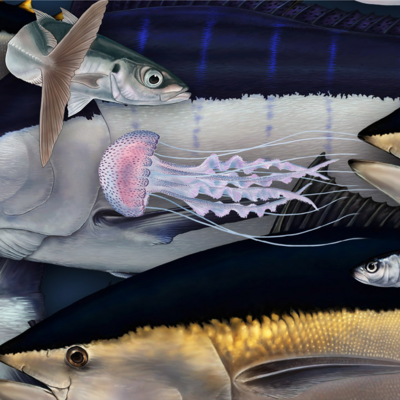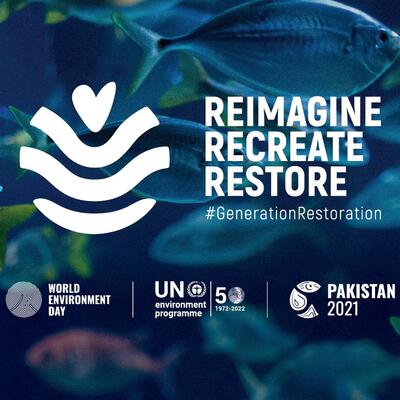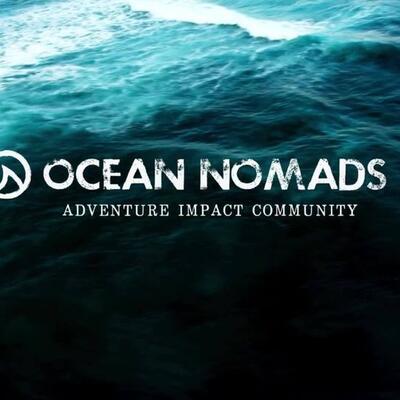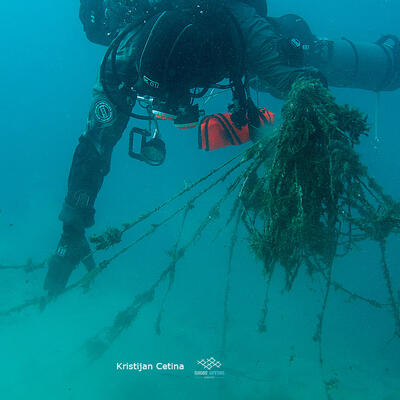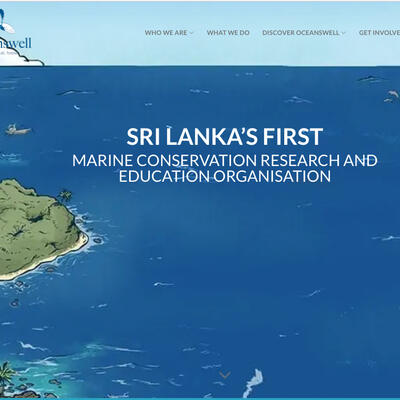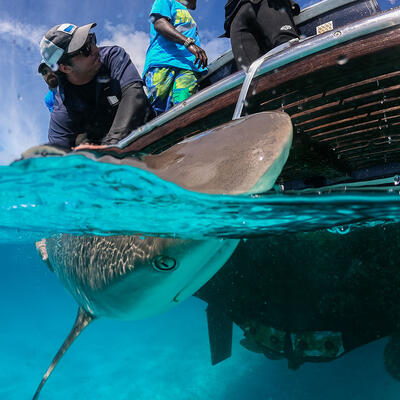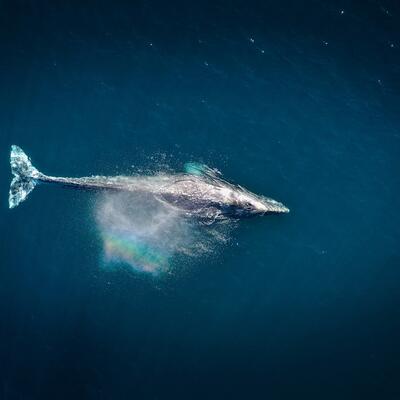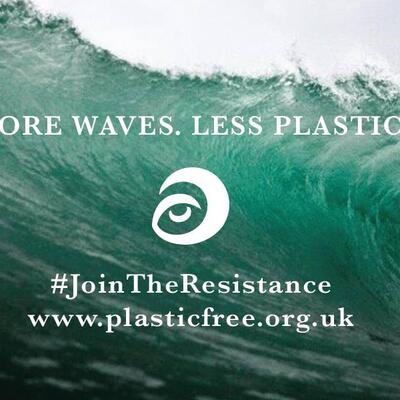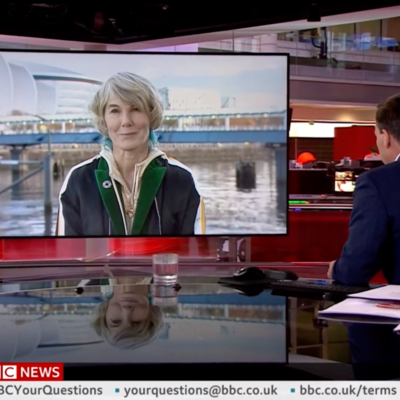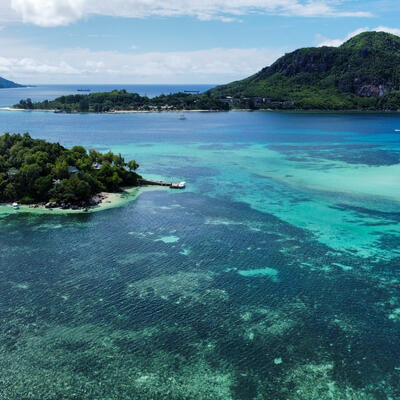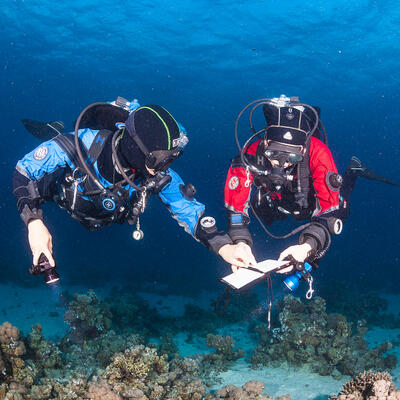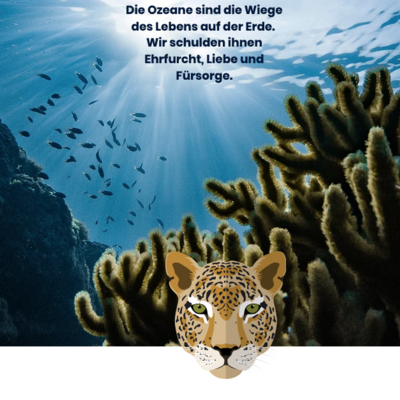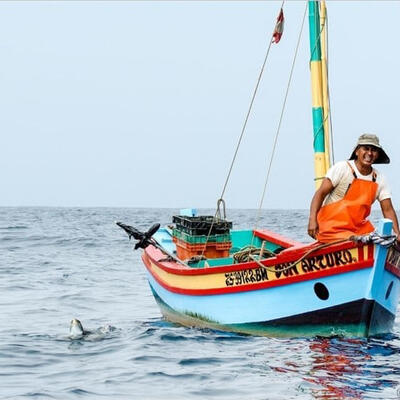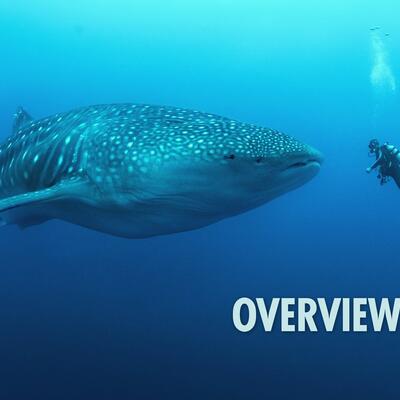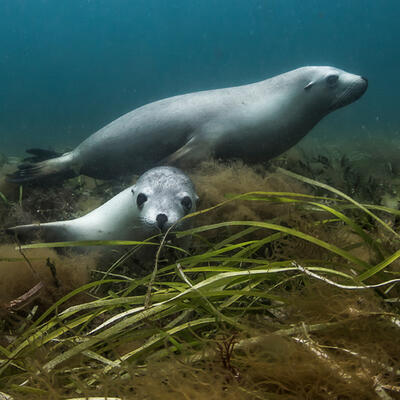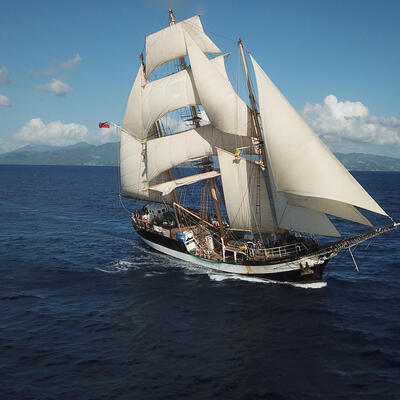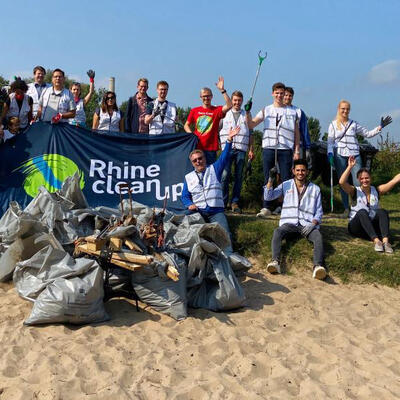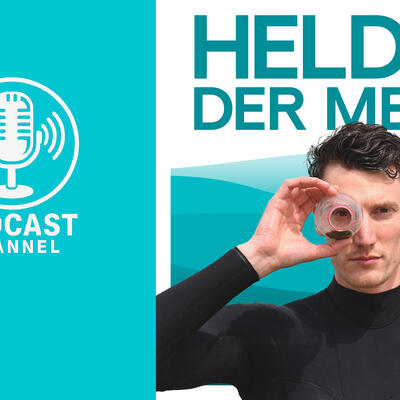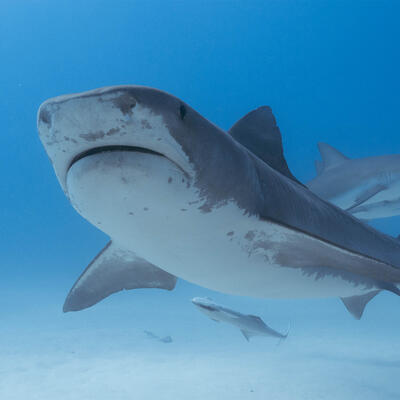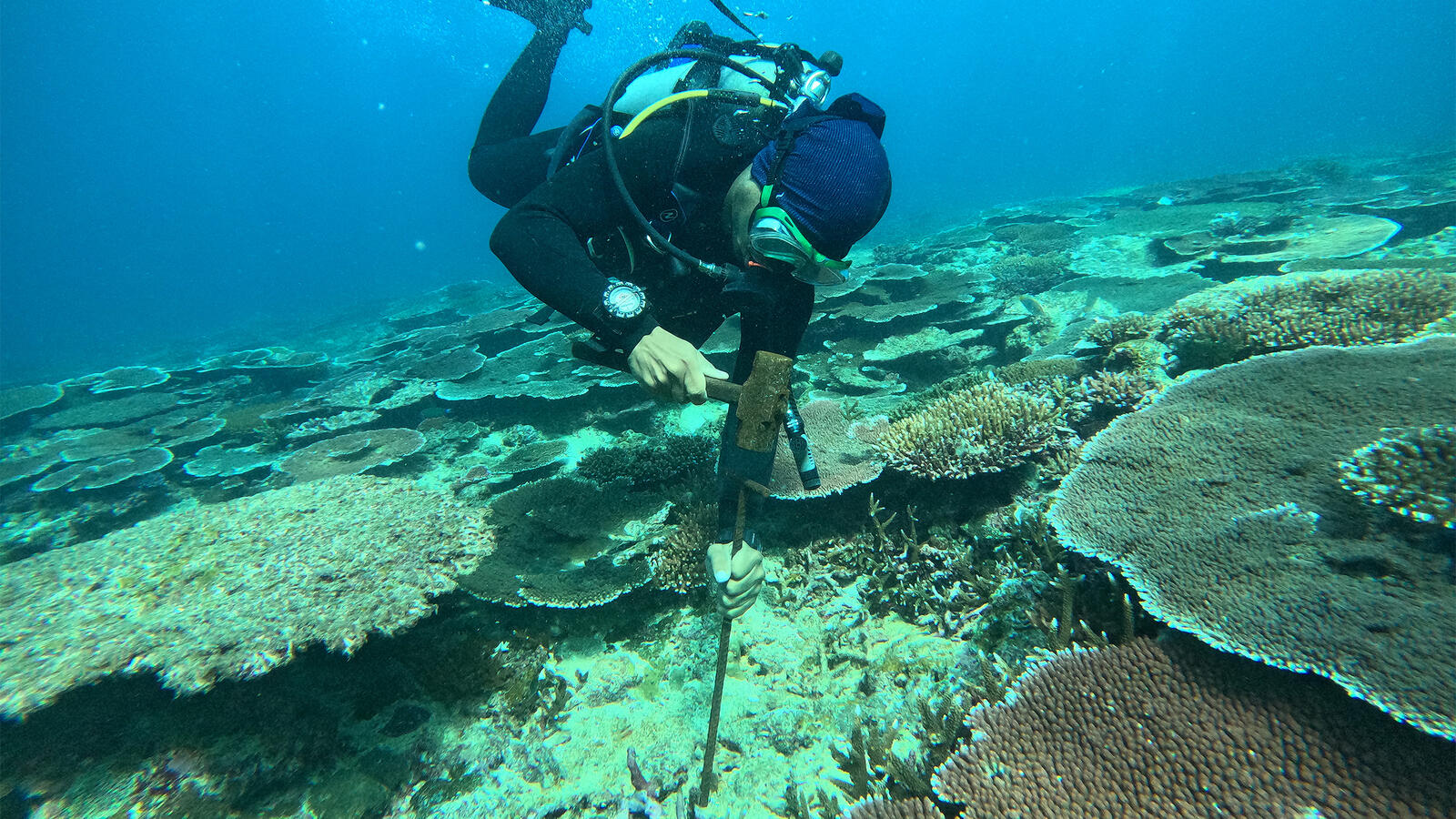
Dakshin Foundation
-
Main problem:
Isolation and eco-issues threaten Andamans' nature and community wellbeing -
Subproblem:
Island ecosystem health is key, but faces climate, tourism, and data challenges -
Consequence:
Need for education & awareness -
Solution:
Dakshin uses a systems approach to build local capacity and drive solutions
Through ANET, Dakshin aims to address issues of contemporary significance to the islands and to develop effective conservation strategies based on a sound understanding of the islands’ diverse social-ecological systems.
Our research at ANET can be categorised within broad interlinked focus themes of marine, terrestrial and social development while our interventions focus on improving governance of natural resources, fisheries management, solid waste management systems, community health, mitigation of human-wildlife conflict, etc. For instance,
● LTEO (Long-Term Ecological Observatories): As part of the Ministry of Environment, Forest and Climate Change’s LTEO initiative, our work involves long-term research and monitoring of threatened habitats and species that are critical ecosystem engineers and vital for the survival of island communities. We conduct research on coral reefs and also monitor 10 permanent sites to understand how reefs respond to climate change. The larger aim of the project is to develop easy-to-implement monitoring methodologies, improve our understanding of nearshore marine ecosystems and inform resource management in the Andaman and Nicobar Islands.
● Monitoring leatherback turtles: The leatherback turtle (Dermochelys coriacea) is the largest sea turtle with the most extensive geographic range of any living reptile. Leatherback nesting is completely restricted to the Andaman and Nicobar Islands in India which highlights the critical need for the conservation of these habitats. This project is the longest-running programme for leatherback turtles in the Northern Indian Ocean.
● Monitoring elasmobranchs: This project focuses on recording the landing data of elasmobranchs to understand the scale of elasmobranch fishery in the region. As of now, 12 primary fishing spots have been recorded from trawlers, longliners, and other motorised boats. Large-scale fishers are actively seeking new locations for elasmobranch fishing, leading many trawlers and longliners to explore areas such as the Nancowry Islands in Nicobar, due to the sharp decline in elasmobranch populations near the Andaman Islands. This project is helping us understand the fishery trends of one of the most vulnerable organisms in the marine ecosystem.
● Centre for Island Sustainability: The Center for Island Sustainability (CIS) is an ewinitiative to better support and facilitate island based research and outreach programmes. From an academic standpoint, CIS engages with in-house as well as independent researchers and organisations interested in exploring the multidisciplinary nature of island systems and facilitate the collection of data for the same. In its next phase, CIS plans to create outreach programmes for interested students, local communities and youth, that introduce the islands from a larger systems-thinking perspective while incorporating research findings into its teaching material.
● Community health and wellbeing in the islands: The coastal communities from the islands often confront heightened vulnerability to various health challenges due to their relative geographical isolation and limited resource access, compared to services on the mainland. In response, a series of initiatives have been launched to address preventive health measures and promote overall wellbeing. These initiatives not only shed light on critical health concerns faced by this demographic but also included discussions on available rights and entitlements and health awareness on occupational health. These set the stage for bridging the geographic and social distance between services and healthy communities in the islands.
● Inclusive fisheries management and stewardship: We aim to build a resilient and sustainable fisheries system in ANI by supporting small-scale fisher communities in participatory fisheries management which involves addressing data gaps. In the South Andaman Islands, our research has helped identify the diversity in fishing practices, market systems, and formal and informal institutional arrangements for managing fishery resources. Our efforts will be aimed towards developing a common understanding of the challenges of the island fisheries sector among the stakeholders and collaboratively acting towards developing resilient systems.
● Sports for coastal communities: The programme focuses on engaging with youth from coastal communities through sports and games, building safe and supportive spaces for young people to nurture their physical talents and emotional well-being. This programme trains interested local youth as sports facilitators and gives them the skills to engage with key stakeholders like parents, teachers, ward members, youth leaders and village leaders for wider community action.
● Mitigating human-crocodile conflict: Along with seaturtles,the marine ecosystems of the Andaman Islands are home to multiple charismatic flagship species, one of which is the saltwater crocodile. As a large predator known for attacking people and livestock, the saltie presents a challenging situation, marked by increasing incidences of conflict. To address this, we have been working to harness the power of AI in the development of order-of-magnitude models of the system as a whole, as well as that of local, agent-based models for creating simulations of interactions between local people and crocodiles.
● Solid Waste Management: Marine plastics and inadequate waste management systems create challenges for community health, livelihoods, and wellbeing, by degrading critical coastal resources and environments. Investing in strengthening systems of waste management (SWM), involving both communities and administrations, yields significant benefits for sustainability and wellbeing by mitigating the impact of ever-growing waste on the environment and human health. Dakshin has initiated on-ground interventions on coastal solid waste management and marine plastics in the South Andaman Islands.
Photo credits by: ©dakshin
https://dakshin.org/
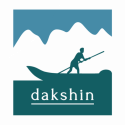

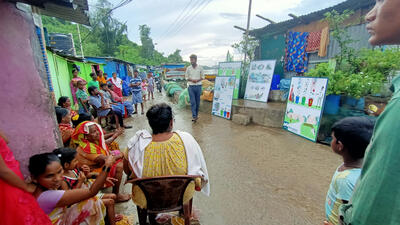

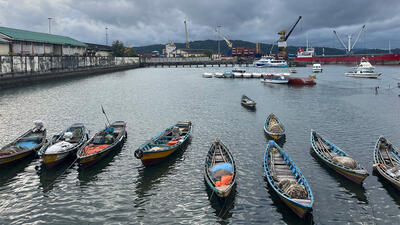
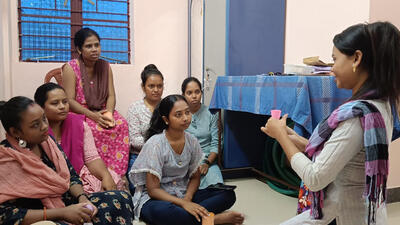
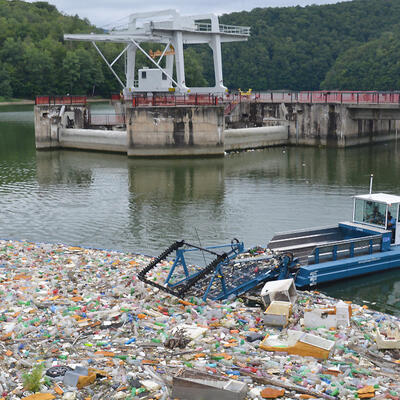
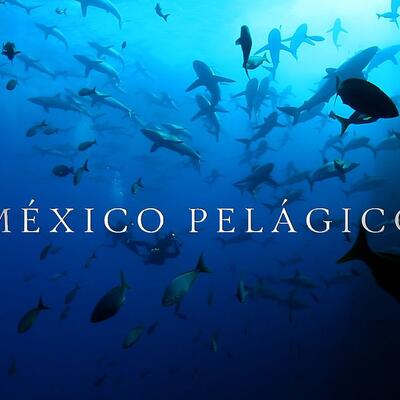
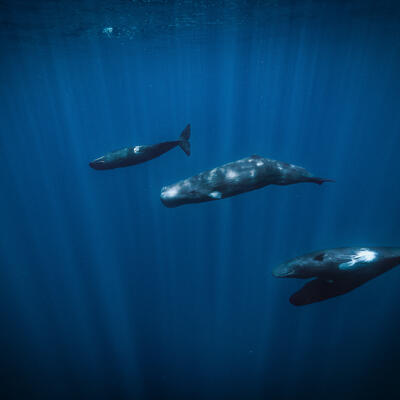
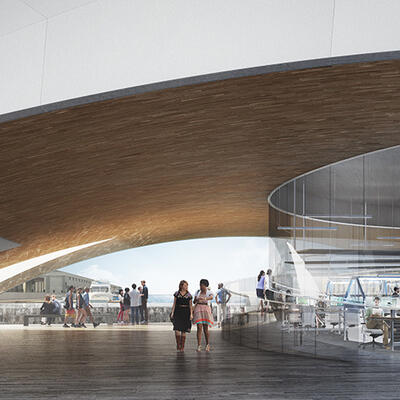
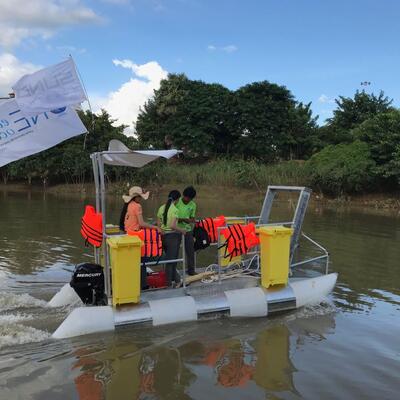
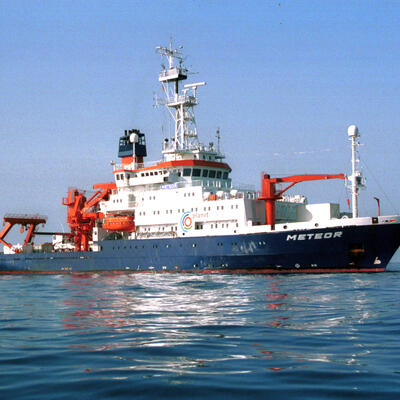

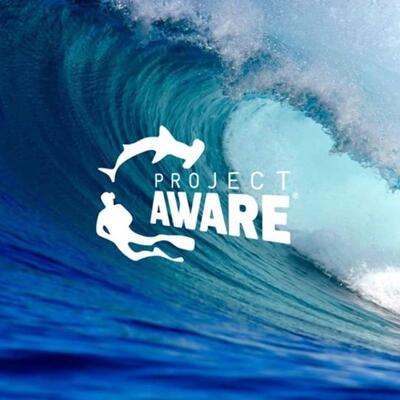
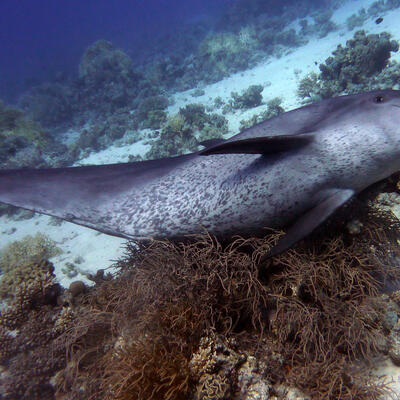
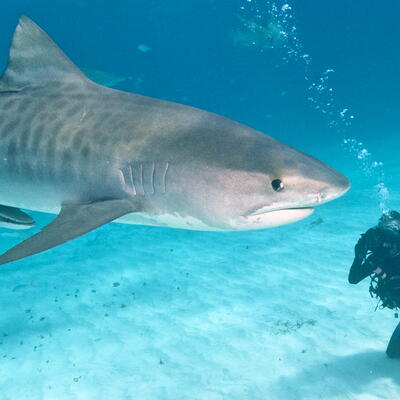
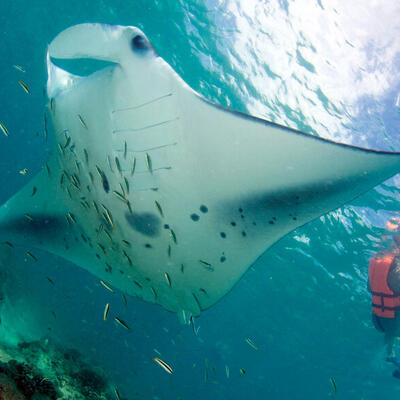Simon%20Hilbourne.jpg)
